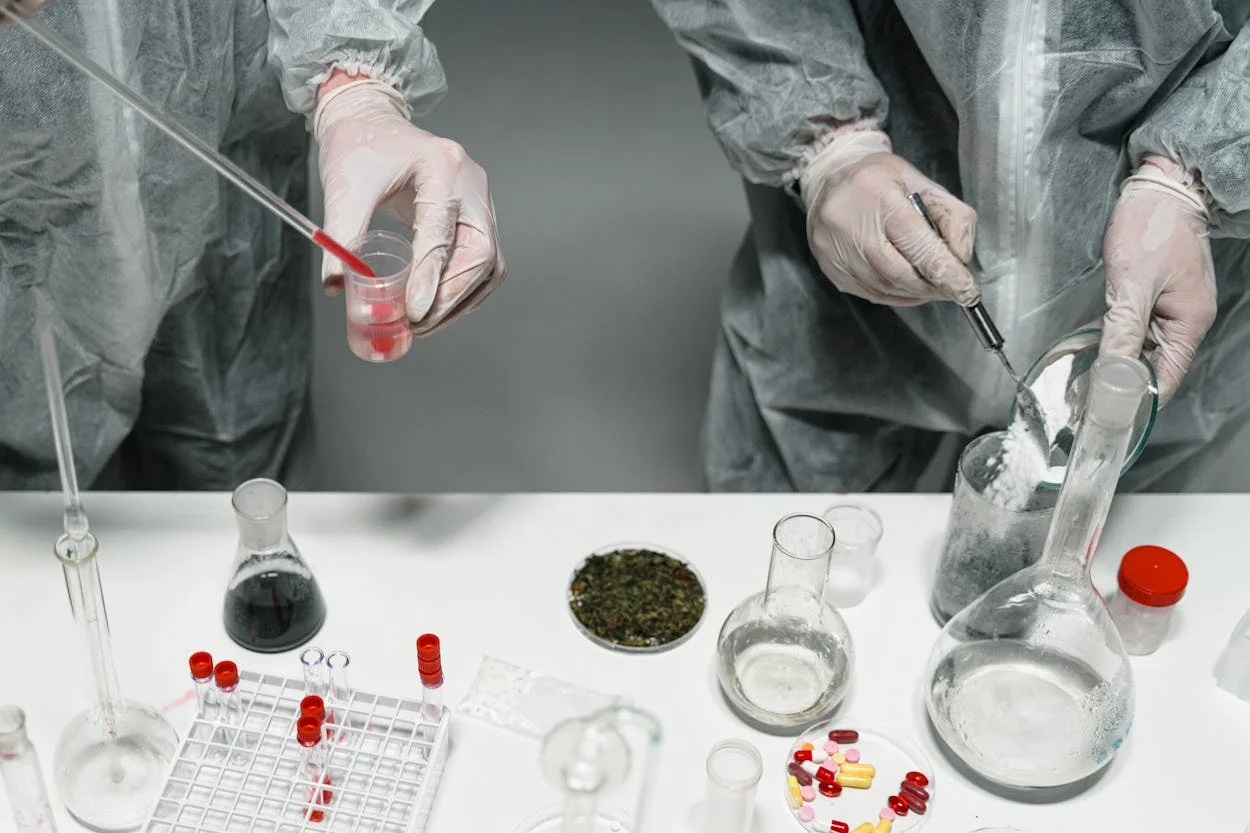
Stolen contact lenses sold through fake online pharmacies, prescription medications missing active ingredients, and surgical sutures made from substandard materials are just a few examples of counterfeit healthcare products that plague the global market. This illicit industry generates an estimated $432 billion annually, but more concerning is the significant risk it poses to patient safety worldwide.
To combat this growing threat, Johnson & Johnson relies on its Global Brand Protection (GBP) team. This specialized group includes experts across various fields—such as supply chain, quality control, IT, law enforcement, and cybersecurity—working together to safeguard the company’s products from counterfeiting.
“The counterfeit healthcare market can impact any of our products, anywhere in the world,” explains Taira Bell, Vice President of Global Brand Protection at Johnson & Johnson. “By continually monitoring the supply chain and marketplaces, we’ve successfully protected millions of patients from potentially harmful and substandard products.”
Tackling Illicit Trade in Counterfeit Healthcare Products
Counterfeit products are not just a concern for the healthcare industry—they affect various sectors, from luxury goods to currency. However, in healthcare, the stakes are much higher. Counterfeit medicines may lack active ingredients, rendering them ineffective, while stolen medications might be mishandled, risking patient safety. Fake surgical supplies or medical devices, often manufactured in unsanitary conditions, pose further dangers.
Illicit trade is not only a public health issue but also linked to organized crime, human trafficking, and terrorism. It undermines consumer trust in healthcare products and diverts revenue from legitimate businesses like Johnson & Johnson.
Tim Mohn, Director of GBP Strategy and Risk Management, underscores the company’s proactive approach: “We don’t just want to seize counterfeit products. We’re constantly asking, ‘How can we reduce the risk of these counterfeits being produced in the first place?’”
Proactive Prevention: Protecting Products Before Launch
Fraudsters often target “high volume” items, such as frequently purchased products like contact lenses, or “high value” medications, including cancer treatments. As new products approach market release, the GBP team conducts an illicit trade assessment to evaluate their vulnerability to counterfeiting.
Every detail of the product is scrutinized: Is it a capsule, tablet, or liquid? How will it be shipped and dispensed? What measures can be taken to prevent theft or duplication? Based on these assessments, the team designs tailored protection programs that incorporate a variety of security features—both visible and covert.
“We always ask, ‘How might criminals try to exploit this product?’” Mohn says. “Then we build in controls to prevent it before the product even hits the market.”
Vigilant Monitoring After Product Launch
Even after a product reaches the market, Johnson & Johnson’s work is far from over. The GBP team monitors the internet 24/7, scanning dark web marketplaces, social media platforms, and rogue online pharmacies for any signs of counterfeit or stolen products. The company also works closely with customs and law enforcement agencies to train officials on spotting fake goods.
With advanced data and analytics, Johnson & Johnson continuously tracks the distribution routes of its products, aiming to disrupt potential threats before they impact patients.
In its fight against medical counterfeiting, Johnson & Johnson combines technology, collaboration, and vigilance to ensure that patients worldwide receive the genuine, safe healthcare products they need.





